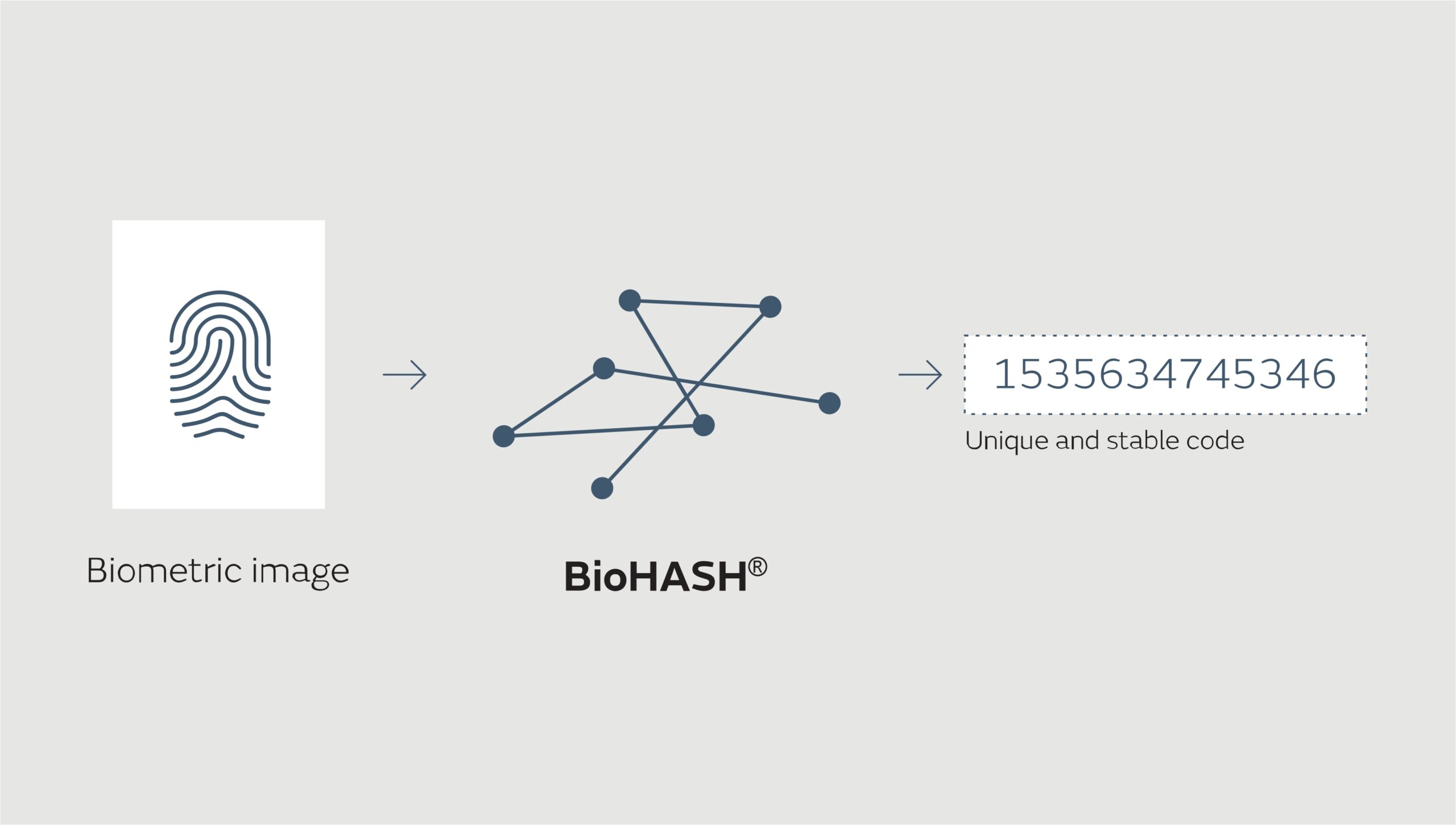Hat-trick marks new milestone for the biometric industry.
Accra, Ghana: Today, more than 16 million Ghanaians will visit polling stations across the country to choose their next president in the country’s general election. For the third time running, that process will be facilitated by biometric verification, developed and deployed by biometric experts GenKey.
Ghana’s Electoral Commission first used GenKey’s biometric technology to register and verify voters in the country’s 2012 general election. That election was a world first: the first time biometric technology was used to verify voters identities on an election day. Three years later, the Electoral Commission again used GenKey’s biometric solution, this time to deliver Ghana’s municipal elections.
Today, biometric technology will once again be at the heart of Ghana’s election process, helping to verify the identities of more than 16 million eligible voters. The lead contractor is Ghana-based STL Supertech, partnering with GenKey for the biometric verification process.
No other country in the world has deployed biometrics at such scale in three successive elections. According to Michiel van der Veen, CEO GenKey, this means that the 2016 general election is a major milestone not just for Ghana, but for the biometrics industry as a whole.
Michiel van der Veen said, “Ghana is setting the standard for biometric voter verification in terms of scale and frequency. The fact that Ghana has done it successfully three times in a row demonstrates that the right biometric technology, deployed in the right way, can deliver reliable and sustainable voter verification on election day. It’s proof that biometric elections work.”
In many sub-Saharan African countries, lack of official ID documentation makes it hard to authenticate the identity of voters reliably, increasing the risk of voter fraud on election day. As a result, Africa has become a global pioneer in biometric elections, in which fingerprints and other types of biometric data are used to register and verify voters. More than 25 sub-Saharan African countries have already held elections using biometric technology.
According to Michiel van der Veen biometrics is having a transformative impact on national elections. “When global standards are followed, biometrics can be a sustainable solution for many years. That’s what we’re seeing in Ghana today, a voter verification that’s being used for the third time, over four years. This is not only improving Ghana’s electoral reputation, but also providing a more cost-effective approach.”
Today, biometric technology on election day is continuing to advance, even beyond the function of verifying a voter’s identity. Today’s Biometric Verification Devices (BVDs) can also transmit the voter tally from each polling station to the electoral commission. According to Michiel van der Veen “In a polling station, our devices are by far the most secure. Extending our solution to offer Election’s data transmission is another example of how we’re thinking holistically about reducing fraud, not just in relation to biometrics.”
Ghana’s achievement in delivering three successful biometric voter verifications is good news for the biometrics industry. But it also matters for the future of elections in emerging economies, says Michiel van der Veen. “At GenKey, we believe that biometric identity is the key to unlocking a range of basic civil rights and freedoms, including the right to democratic elections,” he explains. “Ghana has proved that biometric elections can be successful. And the more this technology is trusted, the more it can be used to deliver peaceful, open and fair elections in Africa and beyond.”
About GenKey.
GenKey are experts in biometrics. Together with partners they provide a full range of digital biometric identity products, used by governments, public institutions and businesses. With over 100 million identities verified, GenKey have a proud reputation in supporting developing economies in their need to build sustainable biometric identity solutions. GenKey operate globally, with offices in Europe, Africa and the US.



